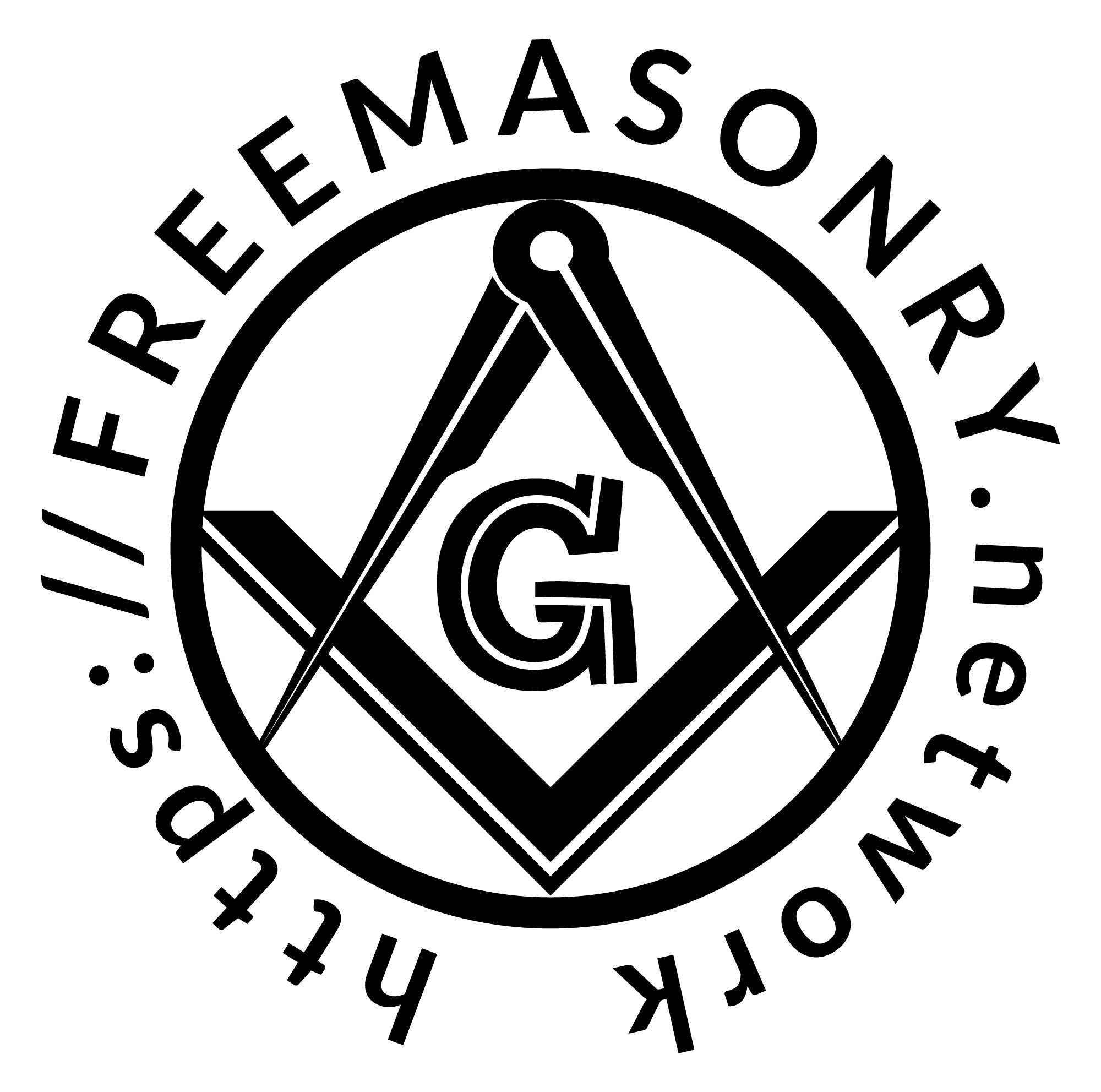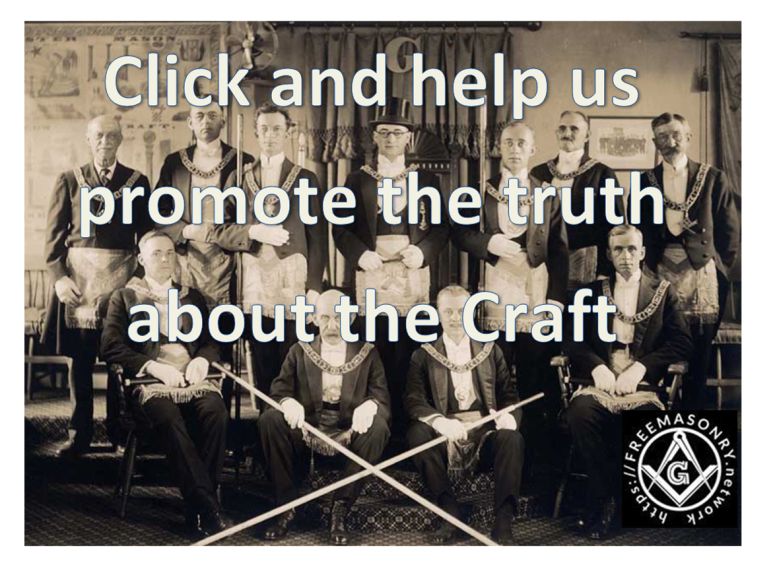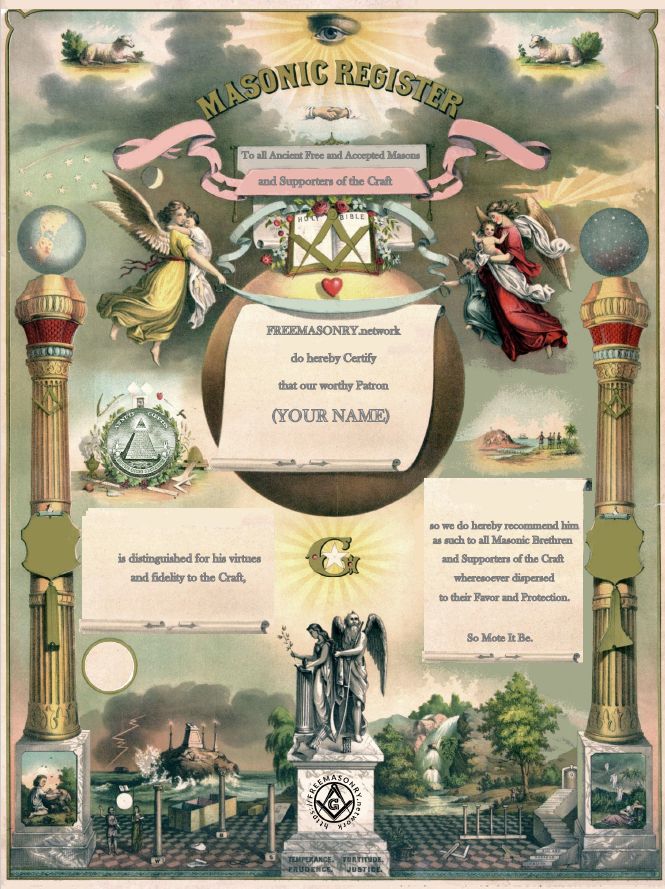With the exception of the United States, where the attacks on the Institution can hardly be called persecutions—not because there was not the will, but because the power to persecute was wanting—all the persecutions of Freemasonry have, for the most part, originated with the Roman Church. “Notwithstanding,” says a writer in the Freemasons Quarterly Mayanne (1851, page 141), “the greatest architectural monuments of antiquity were reared by the labors of Masonic gilds, and the Church of Rome owes the structure of her magnificent cathedrals, her exquisite shrines, and her most splendid palaces, to the skill of the wise master-builders of former ages, she has been for four centuries in antagonism to the principles inculcated by the Craft.”
Leaving unnoticed the struggles of the corporations of Freemasons in the fifteenth, sixteenth, and the seventeenth centuries, we may begin the record with the persecutions to which the Order has been subjected since the revival in 1717.
One of the first persecutions to which Freemasonry in its present organization, was subjected, occurred in the year 1735, in Holland. On the 16th of October of that year, a crowd of ignorant fanatics, whose zeal had been enkindled by the denunciations of some of the clergy, broke into a house in Amsterdam, where a Lodge was accustomed to be held, and destroyed all the furniture and ornaments of the Lodge.
The States General, yielding to the popular excitement, or rather desirous of giving no occasion for its action, prohibited the future meetings of the Lodges. One, however, continuing, regardless of the edict, to meet at a private house, the members were arrested and brought before the Court of Justice. Here, in the presence of the whole city, the Masters and Wardens defended themselves with great dexterity; and while acknowledging their inability to prove the innocence of their Institution by a public exposure of their secret doctrines, they freely offered to receive and initiate any person in the confidence of the magistrates, and who could then give them information upon which they might depend, relative to the true designs of the Institution. The proposal was acceded to, and the Town Clerk was chosen. He was immediately initiated, and his report so pulsed his superiors that all the magistrates and principal persons of the city became members and zealot patrons of the Order.
In France, the fear of the authorities that the Freemasons concealed, within the recesses of their Lodges, designs hostile to the Government, gave occasion to an attempt in 1737, on the part of the police, to prohibit the meetings of the Lodges. But this unfavorable disposition did not long continues and the last instance of the interference of the Government with the proceedings of the Masonic Body was in June, 1745, when the members of a Lodge, meeting at the Hotel de Soissons, were dispersed, their furniture and jewels seized, and the landlord amerced in a penalty of three thousand lives.
The persecutions in Germany were owing to a singular cause. The malice of a few females had been excited by their disappointed curiosity. A portion of this disposition they succeeded in communicating to the Empress, Maria Theresa, who issued an order for apprehending all the Freemasons in Vienna, when assembled in their Lodges. The measure was, however, frustrated by the good sense of the Emperor, Joseph I, who was himself a Freemason, and exerted his power in protecting his Brethren.
The persecutions of the church in Italy, and other Catholic countries, have been the most extensive and most permanent. On the 28th of April, 1738, Pope Clement XII issued the famous Bull against Freemasons whose authority is still in existence. In this Bull, the Roman Pontiff says, “We have learned, and public rumor does not permit us to doubt the truth of the report, that a certain society has been formed, under the name of Freemasons, into which persons of all religions and all sects are indiscriminately admitted, and whose members have established certain laws which bind themselves to each other, and which, in particular, compel their members, under the severest penalties, by virtue of an oath taken on the Holy Scriptures, to preserve an inviolable secrecy in relation to everything that passes in their meetings.”
The Bull goes on to declare, that these societies have become suspected by the faithful, and that they are hurtful to the tranquillity of the state and to the safety of the soul; and after making use of the now threadbare argument, that if the actions of Freemasons were irreproachable, they would not so carefully conceal them from the light, it proceeds to enjoin all bishops, superiors, and ordinaries to punish the Freemasons “with the penalties which they deserve, as people greatly suspected of heresy, having recourse, if necessary, to the secular arm.”
What this delivery to the secular arm means, we are at no loss to discover, from the interpretation given to the Bull by Cardinal Firrao in his Edict of Publication in the beginning of the following year, namely, “that no person shall dare to assemble at any Lodge of the said society, nor be present at any of their meetings, under pain of death and confiscation of goods, the said penalty to be without hope of pardon.”
The Bull of Clement met in France with no congenial spirits to obey it. On the contrary, it was the subject of universal condemnation as arbitrary and unjust, and the Parliament of Paris positively refused to enroll it. But in other Catholic countries it was better respected. In Tuscany the persecutions were unremitting. A man named Crudeli was arrested at Florence thrown into the dungeons of the Inquisition, subjected to torture, and finally sentenced to a long imprisonment, on the charge of having furnished an asylum to a Masonic Lodge. The Grand Lodge of England, upon learning the circumstances, obtained his enlargement, and sent him pecuniary assistance.
Francis de Lorraine, who had been initiated at the Hague in 1731, soon after ascended the grand ducal throne, and one of the first acts of his reign was to liberate all the Freemasons who had been incarcerated by the Inquisition; and still further to evince his respect for the Order, he personally assisted in the constitution of several Lodges at Florence, and in other cities of his dominions.
The other sovereigns of Italy were, however, more obedient to the behests of the holy father, and persecutions continued to rage throughout the peninsula. Nevertheless, Freemasonry continued to flourish, and in 1751, thirteen years after the emission of the Bull of prohibition, Lodges were openly in existence in Tuscany, at Naples, and even in the Eternal City itself. The priesthood, whose vigilance had abated under the influence of time, became once more alarmed, and an edict was issued in 1751 by Benedict XIV, who then occupied the papal chair, renewing and enforcing the Bull which had been fulminated by Clement.
This, of course, renewed the spirit of persecution. In Spain, one Tournon, a Frenchman, was convicted of practicing the rites of Freemasonry, and after a tedious confinement in the dungeons of the Inquisition, he was finally banished from the kingdom (see Italy).
In Portugal, at Lisbon, John Coustos, a native of Switzerland, was still more severely treated. Ele was subjected to the torture and suffered so much that he was unable to move his limbs for three months. Coustos, with two companions of his reputed crime, was sentenced to the galleys, but was finally released by the interposition of the English Ambassador.
In 1745, the Council of Berne, in Switzerland, issued a Decree prohibiting, under the severest penalties, the assemblages of Freemasons. In 1757, in Scotland, the Synod of Sterling adopted a resolution debarring an adhering Freemasons from the ordinances of religion. And, as if to prove that fanaticism is everywhere the same, in 1748 the Divan at Constantinople caused a Masonic Lodge to be demolished, its jewels and furniture seized, and its members arrested. They were discharged upon the interposition of the English Minister; but the government prohibited the introduction of the Order into Turkey.
America has not been free from the blighting influence of this demon of fanaticism. But the exciting scenes of anti-Masonry are almost too recent to be treated by the historian with coolness or impartiality. The political party to which this spirit of persecution gave birth was the most abject in its principles, and the most unsuccessful in its efforts, of any that our times have seen. It has passed away; the clouds of anti-Masonry have been, we trust, forever dispersed, and the bright sun of Freemasonry, once more emerging from that temporary eclipse, is beginning to bless our land with the invigorating heat and light of its meridian rays (see Anti-Masonry, Anti-Masonic Party, and Anti-Masonic Books).
the source: Mackey’s Encyclopedia of Freemasonry
.














